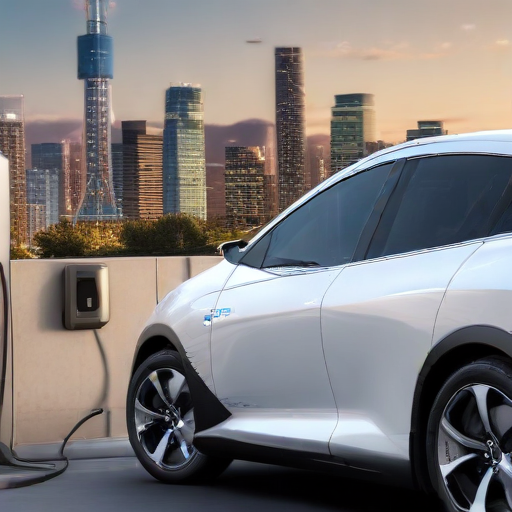Honda Motor Co. and Nissan Motor Co. have initiated talks regarding a potential merger that could establish the world’s third-largest automotive group by production volume. This significant consideration comes as both Japanese automakers aim to enhance their competitiveness in the growing electric vehicle (EV) market, which is increasingly led by international competitors such as Tesla and Chinese firms like BYD.
Sources indicate that Honda and Nissan are exploring the formation of a holding company, which could serve as a foundation for a strategic alliance designed to better compete in the dynamic automotive landscape. Honda President Toshihiro Mibe confirmed to reporters that while discussions are ongoing, nothing has been finalized. The idea of a potential merger is seen as a strategic move for Nissan amidst reports that Taiwan’s Foxconn, an electronics powerhouse, has proposed a buyout of the beleaguered automaker.
The discussions have garnered attention, and an announcement from the two companies could emerge as soon as next Monday. Honda, Nissan, and Mitsubishi Motors Corp. are collectively investigating various collaborative opportunities, although they emphasize that definitive decisions are yet to be made.
In March, Honda and Nissan began evaluating a partnership focused on EV manufacturing and related software technologies, aiming to reduce costs and bolster their market positions. Notably, these talks do not currently involve any capital commitments. Nonetheless, the possibility of a financial partnership in the future has not been excluded.
As both firms navigate significant challenges in the global market, particularly with slumping sales in China, they find themselves competing against local brands that offer more affordable EVs. Honda recently reduced its profit projection due to disappointing auto sales, while Nissan has initiated cost-cutting measures, including a substantial workforce reduction and a significant decrease in global production capacity.
In light of these developments, the prospect of a merger could pave the way for a more robust competitive strategy, potentially leading to improved market performance for both Honda and Nissan in the evolving automotive sector. The merger talks signal a proactive approach to address the challenges in the EV market while also aiming to revitalize their sales figures and enhance operational efficiencies.
Overall, such collaborative efforts among traditional automakers could lead to innovative solutions and advancements in EV technology, benefiting consumers and driving the industry forward in a competitive global landscape.
In summary, the merger discussions between Honda and Nissan reflect the critical adaptations automotive companies are making to secure their futures in the face of escalating competition and shifting consumer preferences towards electric vehicles.
